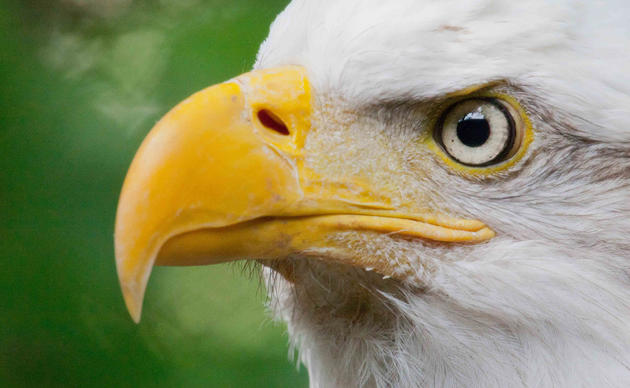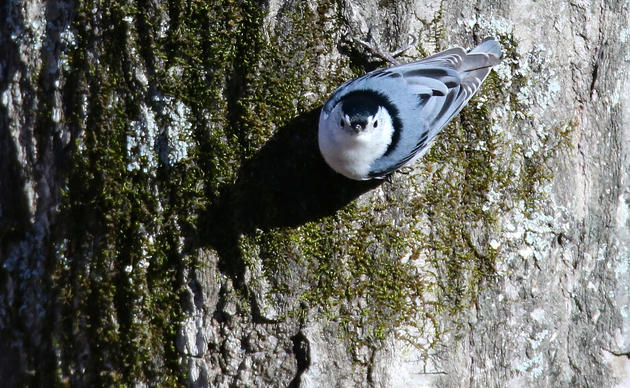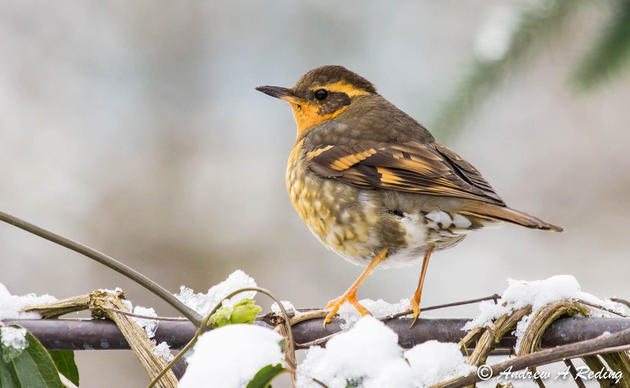The impact of this victory is complex - livelihoods, jobs, and community well-being are at stake - yet so too are critically important foraging grounds for hundreds of thousands of shorebirds, including species like Red Knot, Marbled Godwit and Short-billed Dowitchers. Although we’ve been firmly opposed to the state’s continued authorization of pesticides in our sensitive coastal estuaries, we’ve also made every attempt to bring resources towards a collaborative problem-solving approach, and to engage with the industry and other stakeholders in a way that is respectful of their concerns and focuses on our shared values around ecosystem health.
Audubon has a unique role to play in elevating the needs of coastal birds in planning processes at the local and state level and in the eyes of the public. We will continue to use the best available science to identify threats to birds and provide recommendations on how to reduce or avoid impacts to birds and their habitat. At the same time, we strive to work together with coastal stakeholders to problem-solve natural resource conflicts that pit economic interests against ecological values.
We’re heartened that the Department of Ecology has taken a deeper look at the science on the issue and now recognizes the ways that this pesticide may impact intertidal invertebrates and the birds and fish that eat them!
Audubon press release here



